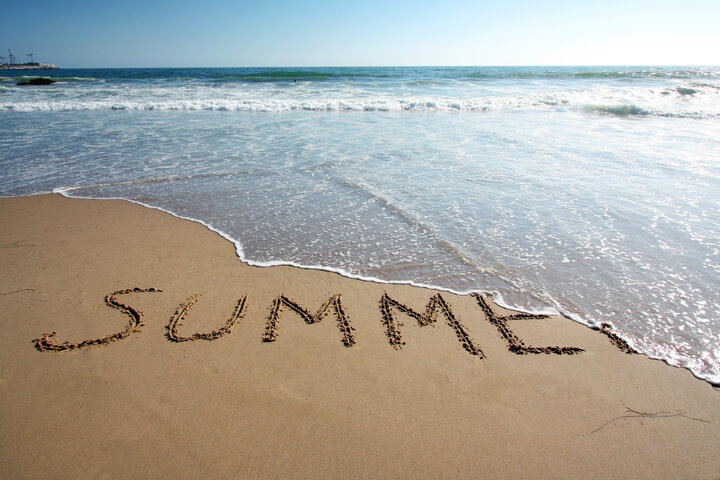Update on American Travel Trends & Sentiment—Week of September 6th
Although nearly twice as many Americans headed out for Labor Day weekend trips this year than in 2020, summer 2021 ends in a quite a different place than it started: Since the Fourth of July, Americans’ sense of normalcy and optimism about the pandemic’s course has fallen by half.

IMPORTANT: These findings are brought to you from our independent research, which is not sponsored, conducted or influenced by any advertising or marketing agency. Since March 15, 2020, Destination Analysts has surveyed American travelers about their thoughts, feelings, perceptions and behaviors surrounding travel—specifically in the wake of the coronavirus pandemic—and explored a variety of topics. The key findings presented below represent data from 1,200 American travelers collected September 1st-3rd.
Key Findings to Know:
Follow us on social for infographics of these and other key findings. You can also download recent infographics here. Need assets for a presentation or something else? Find all the presentation decks from our ongoing traveler research here—new decks posted on Tuesday afternoon. And please join us Tuesdays at 11:00am EST for a live presentation of the latest insights into traveler perceptions and behaviors.


